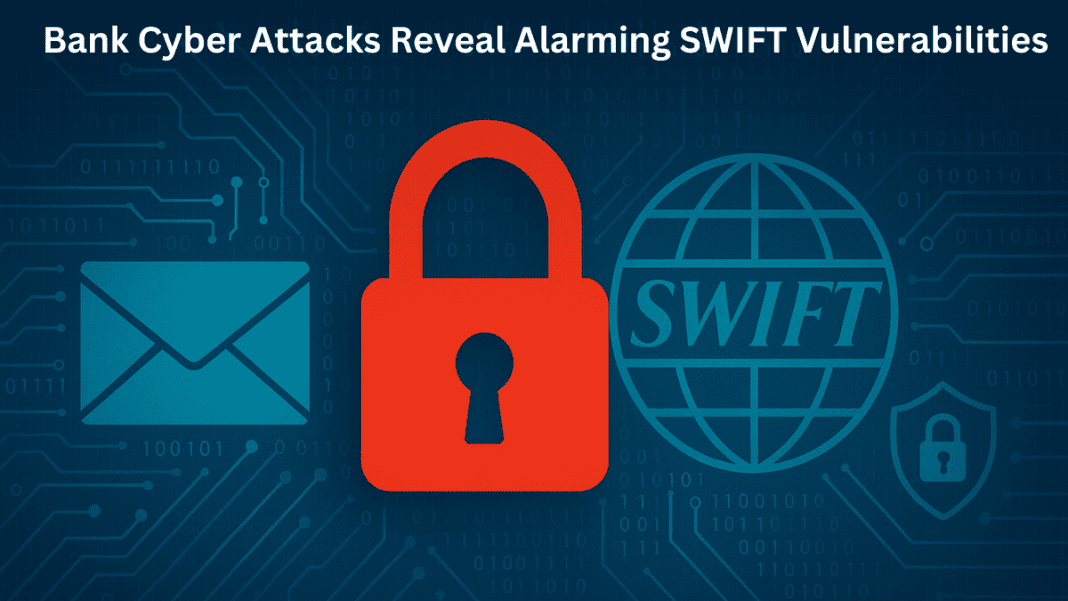What Is SWIFT and Why It Matters
Every time money moves across countries—from a bank in India to one in the U.S., or from Europe to Africa—there’s a good chance it passes through the SWIFT network. SWIFT stands for the Society for Worldwide Interbank Financial Telecommunication. It’s a huge messaging system banks use to send secure instructions for moving money. But here’s something surprising: SWIFT doesn’t actually move the money. It only sends messages between banks telling them how to move the money.
SWIFT has been around since 1973 and is based in Belgium. Over 11,000 banks in more than 200 countries use it every day. That’s around 44 million messages daily. It’s a key part of how the global financial system works.
Banks use SWIFT to manage things like international transfers, trade deals, and big financial operations. SWIFT acts like a trusted postal service, sending secure financial messages between banks. But just like your email account can be hacked, banks connected to SWIFT can also be vulnerable.
How Hackers Have Broken In
Some of the world’s most serious financial frauds have involved SWIFT messages. The scariest part? Hackers didn’t break into SWIFT itself. Instead, they attacked the computers inside the banks that use SWIFT.
One of the biggest cases happened in 2016. Cybercriminals tried to steal almost $1 billion from Bangladesh’s central bank. They managed to send 35 fake SWIFT payment instructions. The bank lost $101 million before the fraud was discovered. A spelling mistake in one transaction helped stop the rest.
In Ecuador, a bank lost $12 million after attackers took control of its systems when staff weren’t working. Hackers used stolen SWIFT login details to move the money to bank accounts in cities around the world.
Dark Side of Digital Payment: India’s Alarming Rise in Online Fraud
Since 2016, over 80% of banks say they’ve seen at least one attempted SWIFT attack. In many cases, the attackers were part of organized groups using advanced tricks. Only 4 out of 10 banks said they felt sure they could catch every fraud attempt.
What SWIFT and Banks Are Doing to Stay Safe
After the Bangladesh heist, SWIFT launched a big safety upgrade called the Customer Security Programme (CSP). This plan makes sure every bank connected to SWIFT follows certain rules to protect their computers and networks. If banks don’t follow the rules, SWIFT can list them publicly, which could hurt their reputation.
Under the CSP, banks must:
- Use strong passwords and multi-step logins
- Separate SWIFT computers from their regular systems
- Regularly check for weaknesses and update software
- Report incidents quickly and share threat information with others
SWIFT also set up tools like Payment Controls. These let banks automatically block or flag suspicious transactions based on things like amount or destination country.
To make fraud harder, SWIFT sends daily reports to banks, showing all the messages sent. This gives banks another chance to catch anything unusual.
SWIFT also created a special group called ISAC where banks can anonymously share details about attacks. If one bank sees something suspicious, others can be warned in real time.
Hackers Steal Digital Gold Worth ₹1.95 Crore on Aditya Birla’s Finserv App
But even with all these steps, most of the responsibility still falls on individual banks. SWIFT’s central system is secure. However, once a hacker breaks into a bank’s computer that connects to SWIFT, they can send fake messages that look totally normal to other banks.
In the end, even though the SWIFT system itself hasn’t been hacked, many banks using it have. That’s why even with rules, tools, and alerts, fraud continues to be a serious problem. Cybercriminals are getting smarter, and banks have to work harder to keep up.





